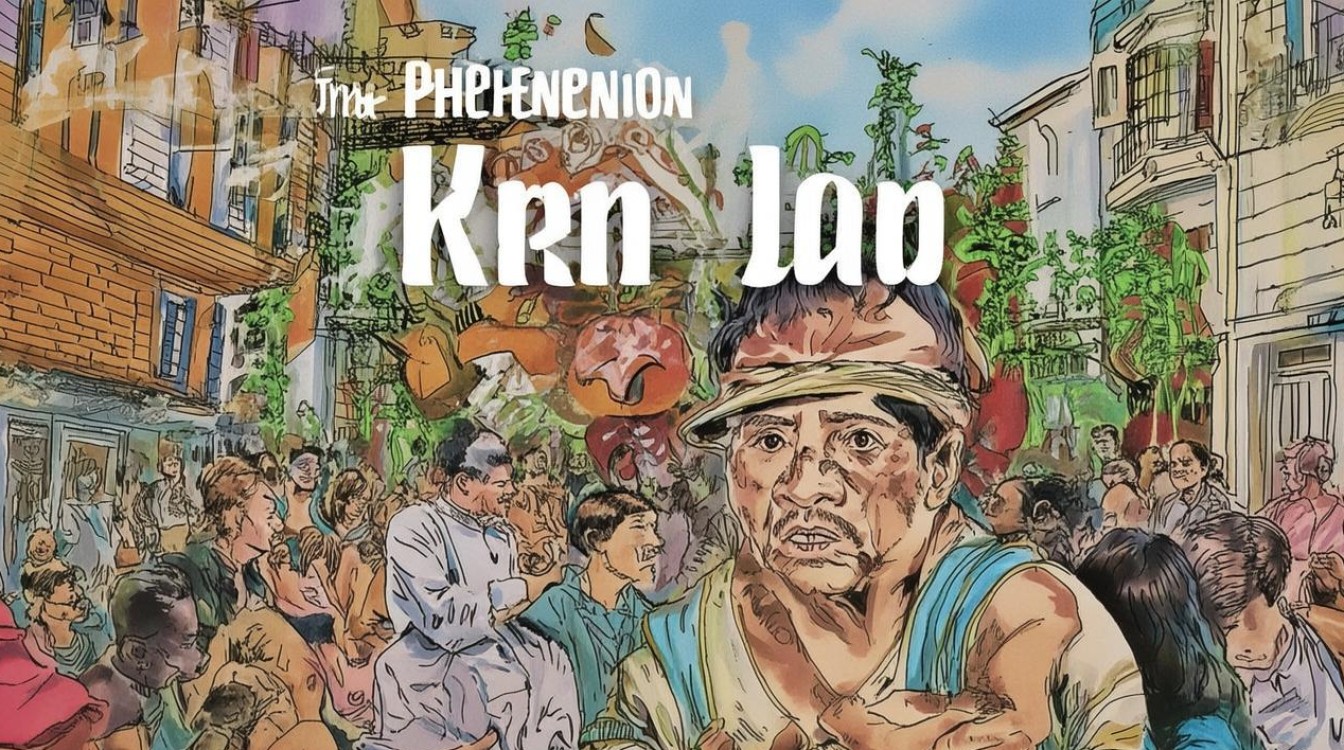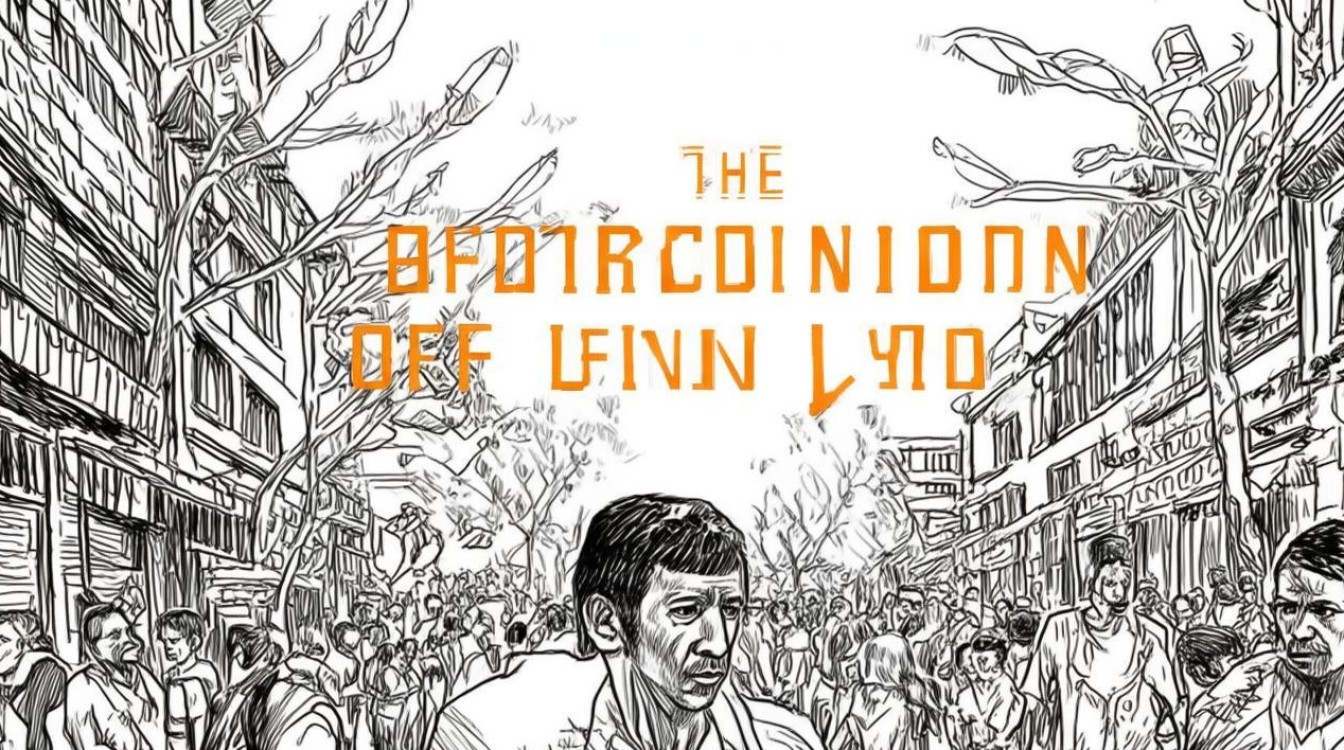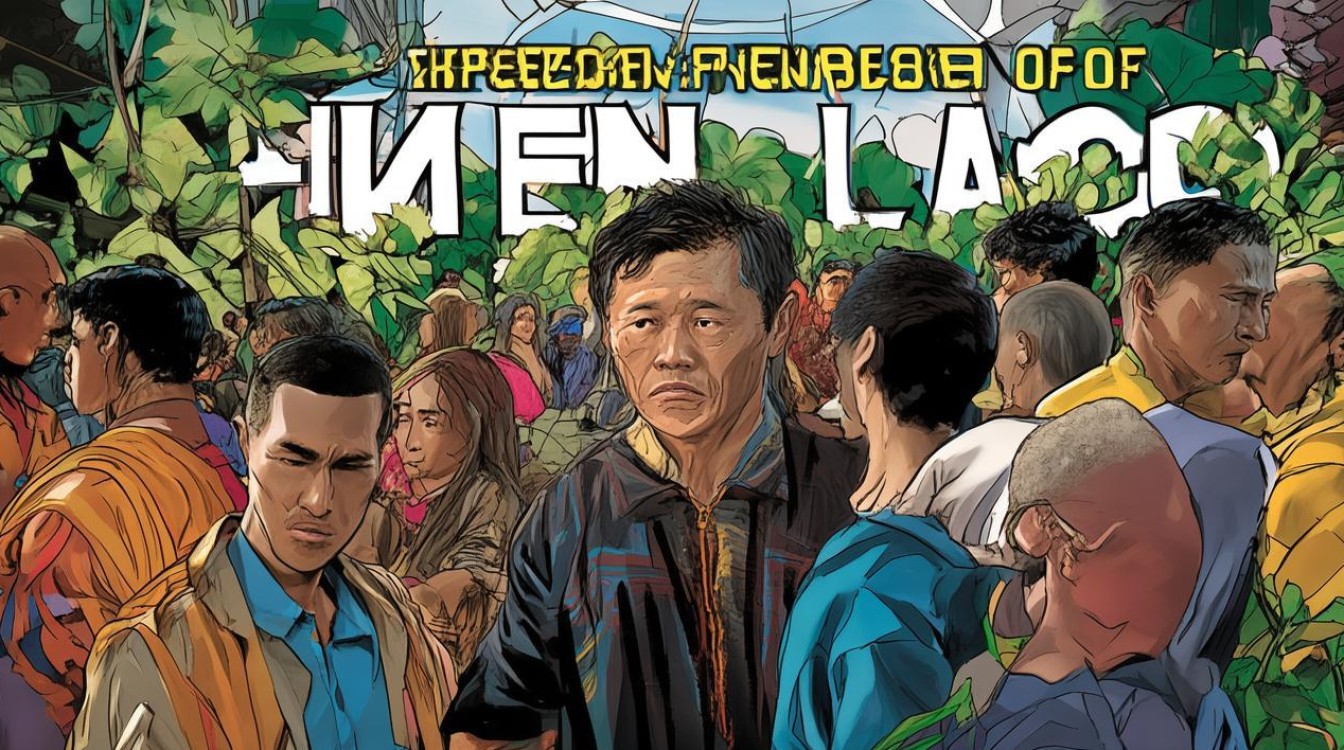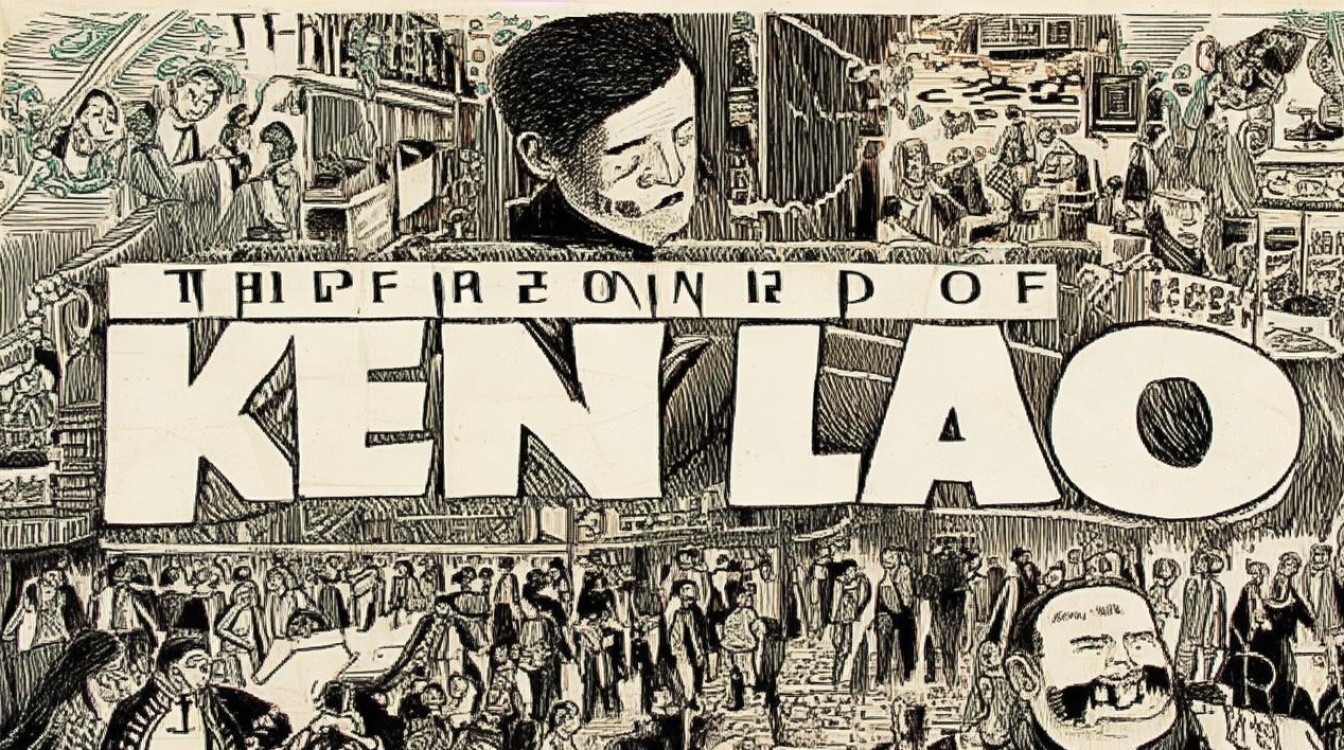In recent years, the term "Ken Lao" (啃老) has gained significant attention in Chinese society. It refers to adult children who rely financially on their parents instead of seeking independence. This phenomenon is not unique to China; similar trends exist globally, often described as "adultescent" or "boomerang generation" in Western cultures. However, the cultural and economic factors driving Ken Lao in China present unique challenges worth examining.

Understanding Ken Lao
Ken Lao literally translates to "gnawing on the elderly," a vivid metaphor for adults who continue to depend on their parents for financial support well into their 20s, 30s, or even beyond. Unlike temporary financial assistance during a career transition, Ken Lao often involves long-term dependency, sometimes without active efforts to achieve self-sufficiency.
Several factors contribute to this trend:
-
Economic Pressures
Rising living costs, competitive job markets, and skyrocketing housing prices make it difficult for young adults to achieve financial independence. Many find themselves unable to afford rent, let alone purchase property, forcing them to remain at home. -
Cultural Expectations
Traditional Chinese family values emphasize parental support, sometimes to the point of enabling dependency. Parents may feel obligated to provide for their children, even at the expense of their own retirement security. -
Educational and Career Challenges
A mismatch between education and job market demands leaves many graduates underemployed. Some young adults struggle to find stable, well-paying jobs, leading to prolonged reliance on family resources. -
Psychological Factors
Fear of failure, lack of motivation, or overprotection during upbringing can hinder personal responsibility. Some individuals may avoid the pressures of adulthood by remaining in a dependent role.
Global Comparisons
While Ken Lao is prominent in China, similar patterns exist elsewhere:
- Japan: "Parasite singles" describe adults living with parents to maintain a comfortable lifestyle.
- Europe: High youth unemployment in countries like Spain and Italy has led to delayed independence.
- USA: The "boomerang generation" refers to young adults returning home after college due to student debt and economic instability.
However, cultural attitudes differ. In Western societies, independence is highly valued, and long-term dependency is often stigmatized. In contrast, Chinese families may view support as a natural duty, making Ken Lao more socially accepted—though this is changing.
Consequences of Ken Lao
The long-term effects of Ken Lao extend beyond individual families, impacting society as a whole:
-
Parental Financial Strain
Many parents sacrifice their retirement savings to support adult children, risking financial insecurity in old age. -
Delayed Life Milestones
Dependency postpones marriage, homeownership, and family formation, contributing to declining birth rates—a growing concern in China. -
Social Stagnation
When a significant portion of the workforce remains dependent, economic productivity and innovation may suffer.
-
Mental Health Challenges
Both parents and adult children may experience stress, guilt, or resentment, straining family relationships.
Addressing Ken Lao: Possible Solutions
Tackling this issue requires a multi-faceted approach:
-
Encouraging Financial Literacy
Teaching young adults budgeting, saving, and investment skills can foster independence. Schools and community programs should integrate practical financial education. -
Reforming Employment Policies
Governments and businesses must collaborate to create more entry-level opportunities, internships, and vocational training to bridge the education-employment gap. -
Cultural Shift in Parenting
Parents should balance support with encouraging self-reliance. Gradually reducing financial assistance can motivate young adults to take responsibility. -
Affordable Housing Initiatives
Policies that lower housing costs or provide subsidies for first-time buyers could ease the burden on young adults.
-
Mental Health Support
Counseling services can help individuals overcome fear of failure or low self-esteem, empowering them to pursue independence.
Personal Perspective
Ken Lao is not merely a personal failing but a symptom of broader societal challenges. While economic hurdles are real, prolonged dependency risks creating a generation ill-equipped for adulthood. Parents and society must strike a balance—offering support without enabling passivity. Young adults, in turn, should actively seek growth rather than comfort in dependency.
The solution lies in collective effort: policymakers addressing structural issues, families fostering resilience, and individuals embracing responsibility. Only then can the cycle of Ken Lao be broken, ensuring a more sustainable future for all.


